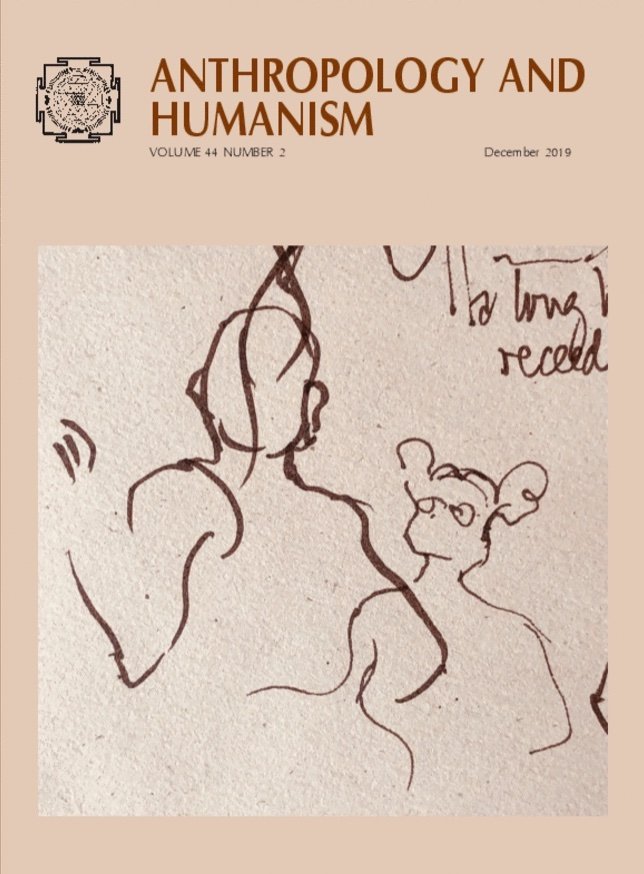How do people living at the intersection of various forms of injury seek out collective experiences of joy? I explore this question through fieldwork with Latinx female and queer artists and entrepreneurs, some of them undocumented, who consciously seek out and enact joy in their communities in East Los Angeles.
"Tuga" | This flash ethnography explores the Bulgarian concept of tuga, translated as sorrow, through the prism of new motherhood and immigration
"In the wake of disenchantment: Silence and the limits of ethnographic attentiveness" | In this chapter, I explore the limits of the notion of enchantment in encounters with violence and extreme precarity, and its eventual transmutations into disenchantment
"Art and Ethnographic Forms in Dark Times" | What are the ethnographic arts through which we know and express the worlds we encounter? How does ethnographic experience become translated into/as art? How can the synergy between ethnography and art help us think about complex social processes, from climate change and species extinction to racialization, refugee rights, and collective memory?
"Between Joy and Nostalgia: A Story of Venezuelan Musicians in Paris" | A joy rooted in connection was always latent, about to erupt. This joy was soaked through with longing for a lost home, with the energy of dreams that had lost their fire. But this joy rose up with dignity, with the power to give lives a different shape from the one stamped onto them by injury. We were laughing so hard it hurt.
An interview with writer and anthropologist Sienna Craig about ethnographic writing practices, fiction, and art.
"‘Tchaikovsky is ours:’ the practice of minor music from the barrios of Venezuela" | How do young people living in social exclusion in Venezuela negotiate their deep personal attachment to classical music and the genre’s association with dominant European culture?
"Self Exposures: The Political Arts of Ethnoracial Identification in Latin America and the Caribbean" | The papers for this special issue summon the concept of “exposure,” or the act of revealing something hidden before an audience, to understand the performances that animate ethnicity-based social movements across Latin America and the Caribbean.
"Enchantment as Method" | This article proposes enchantment as an ethnographic method that attunes us to the world-building potential of dreams and the imagination, as well as to the structural forces that simultaneously constitute human lives.

"Dancing Energies: Music, the Ineffable, and State Power in Venezuela" | This article explores how Venezuelan musicians experience and speak about music's "ineffability," frequently contrasting it with the linguistically fixed state discourses about music.
"On hope" | A review of Anand Pandian's "A Possible Anthropology"
"The Force of Sonority" | More than merely decorative, sound vibrates with a force that words can only strive to theorize.
"To let oneself be moved" | What does the otherwise sound like? What flights of the imagination resonate in and through sound? How do we capture the political significance of aesthetic experiences that our interlocutors describe as going “beyond words”?
"Enchantment as Methodology" | How can we better nurture enchantment, in our methodology, in our writing, in our theoretical framework? How do we keep both enchantment and disillusionment in our sight at the same time? How do we assume a position in our writing that is both critical and creative?











